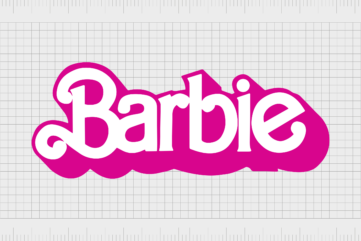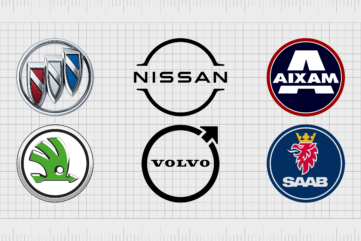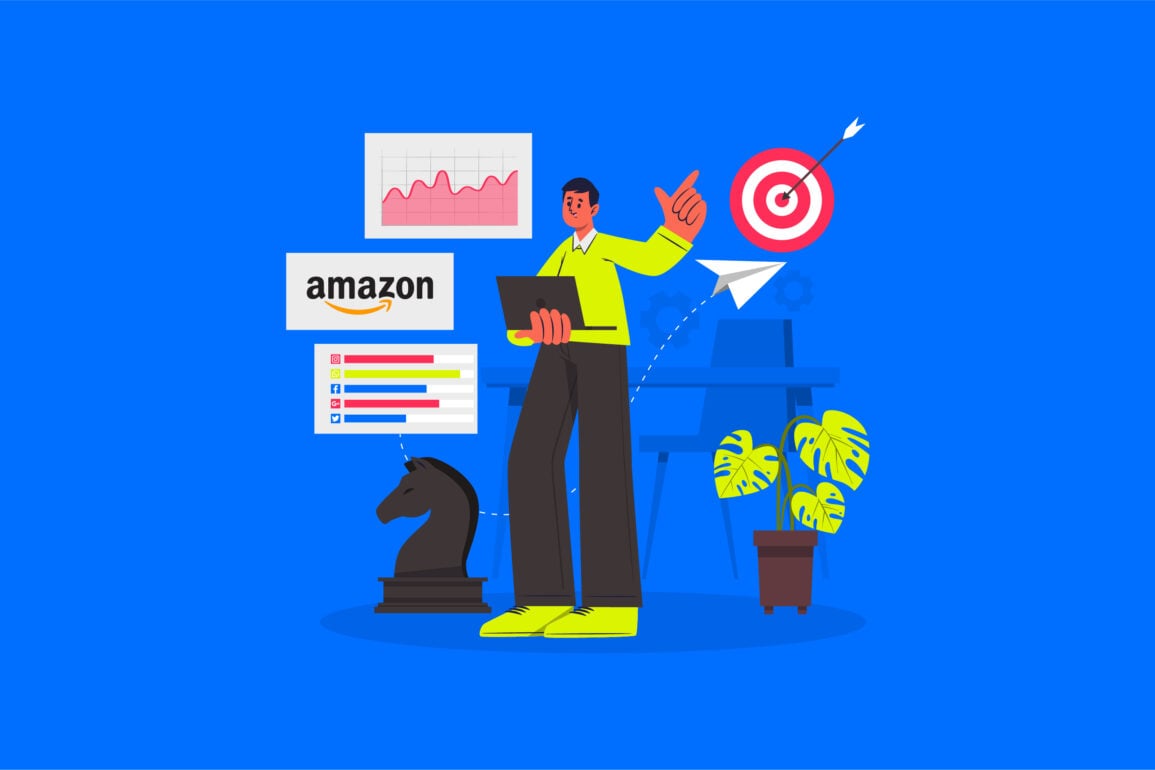The “Gig” is up: What is the gig economy, and what does it mean to you?

When the first industrial revolution arrived, it brought with it the steam engine and new methods of exploring the world. The second industrial revolution transformed our lives with new energy production strategies enabled by coal, and the third revolution gave us access to infinite sources of information with the internet.
Today, according to Dr. Klaus Schwab, we’re entering the fourth industrial revolution, defined by everything from artificial intelligence, to the Internet of Things, and the transformation of the way that we live and work.
The development of new technology, better online connections, and stronger workplace mobility has led to the rise of the gig economy. While your gig economy definition may differ depending on who you ask, the general idea is that freelancers performing temporary “gig” assignments may be more beneficial than permanent in-house workers. If you’ve ever booked a getaway with Airbnb, ordered yourself an Uber, or worked with a freelancer on Fiver, you’re a part of the gig economy.
While 94% of the job growth in the last 5 years is attributed to the rise of “alternative” careers, like the gig economy, this system may not be as effective as it seems.
In today’s article, we’re going to get to the bottom of the question: “What is the gig economy” and find out what this idea means to employers and employees alike.
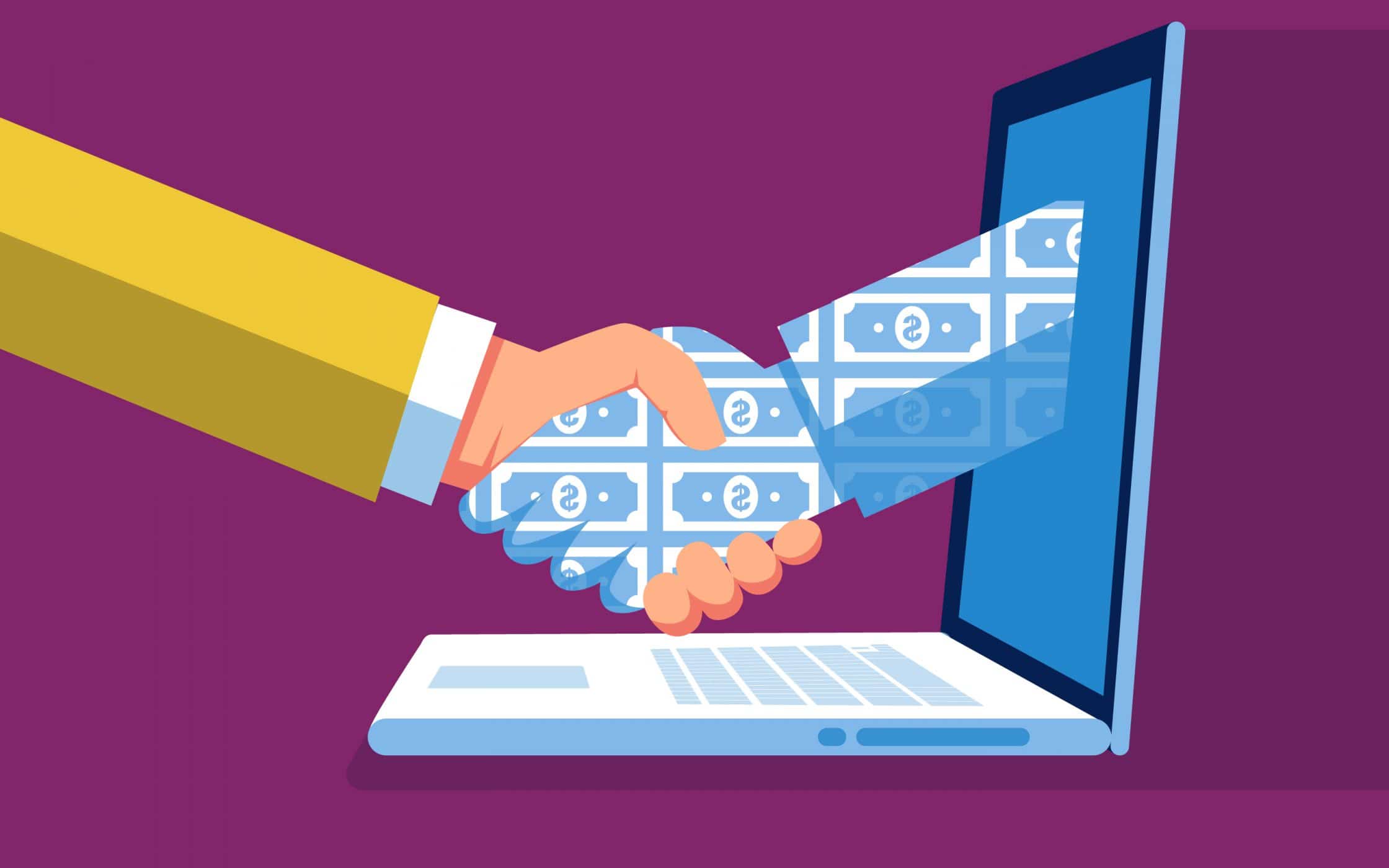
What is the gig economy? Your gig economy definition
For most people, the easiest way to define the gig economy is as a transformative workforce environment, where temporary contracts, independent working, and short-term engagements are the norm. Otherwise known as the freelancer economy, the gig economy evolved from the common part-time and freelance work options that have existed in the workforce for a number of years.
When the gig economy era first began, it was intended as a way to help independent contractors find work to supplement other, more sustainable forms of income. As the internet made accessing and finding “gigs” easier, the gig economy became more pervasive, and some employees decided to take on freelancing as a full-time career.
An important thing to note when you’re answering the question “what does the gig economy mean?” is that working with a freelancer and an agency isn’t necessarily the same thing. Agencies still maintain a mostly formal structure with full and part-time employees mixed in with contractors and freelancers. Working with someone in the gig economy means you’re working with someone who has no ties to any formal employment. These people are entirely responsible for their own income, taxes, and assignments.
The newness of the freelancer community means that it’s not easy to define gig economy jobs or employees yet. There are no hard-and-fast rules. While some people can order services via an app, like with Uber and Lyft, other individuals in the gig economy work through forums and job applications, just like any other career candidate.
However, the gig economy is growing – and fast. As Compare the Market’s table below demonstrates, freelancer platforms have seen significant growth in recent years. New opportunities are definitely heating up.
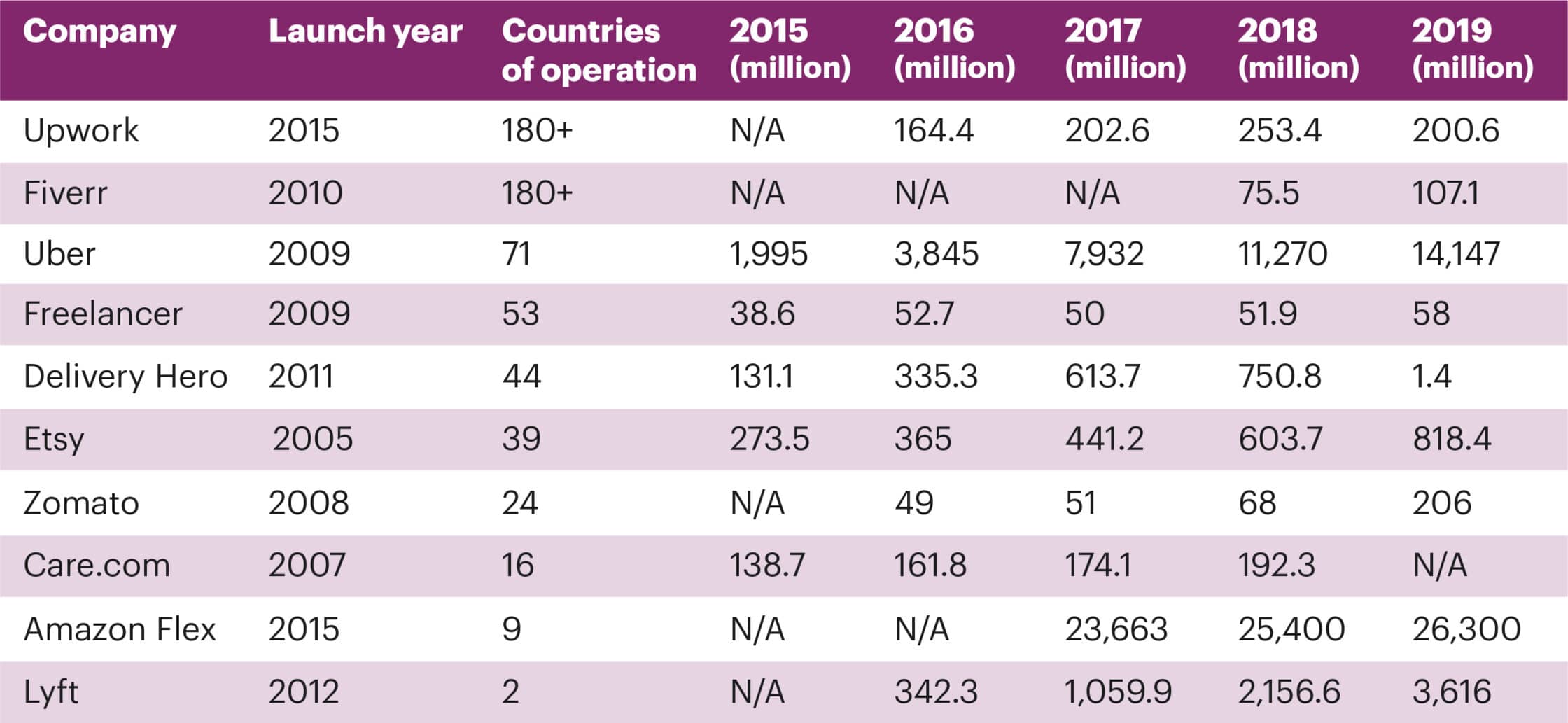

What does “gig” stand for in gig economy?
So, what does the term “gig” actually mean for members of the gig economy?
Again, the answer to this question depends on who you ask. For an Uber driver, a gig involves picking up a client and taking them to wherever they want to be. For a freelancer online, a gig might be designing a business card or creating a video. The tasks that a full-time employee or agency would offer as part of their total service package are the things that gig workers offer on a freelance basis. This means that companies can essentially “mix and match” the skills and services they need.
As mentioned above, some individuals in the gig economy use these gigs to fund their entire income, while others work part-time, so that they can manage traditional employment too. The idea is both sides of the coin, both the employer and the employee, get the flexibility they need.
Today, the gig economy operates largely through internet-based platforms designed to connect people looking for work arrangements, with the people who need temporary talent. For instance, you can download an app for dog-walking services or sign up to an account for a website offering access to freelance writers.
Importantly, within the freelance economy, employees work as independent contractors, which means that they choose how much you need to pay them for each task. At the same time, these freelancers aren’t eligible for the typical benefits of employment like health insurance, retirement pensions, or even paid sick leave.

Gig economy benefits: How “gigs” are changing the world
Over 1 third of the current workforce in America is working on a freelance basis. Additionally, local statistics suggest that half of UK employees will be working remotely by 2020. Clearly, there’s some demand for independent working in the world that we live in. The question is, what does the gig economy mean to the future of our economy?
For some people, the gig economy is just a way to earn some extra cash in hurry. However, for others, gigs are a crucial way of escaping the standard 9-to-5 lifestyle. Some of the gig economy benefits that are most prevalent for employers and employees alike include:
1. Greater flexibility
For employees, the gig economy offers the freedom to work on the projects you enjoy most, in the hours that are right for you. If you need to be available one day to take your kids to the doctors, there’s nothing stopping you from altering your schedule around that demand. If you need to work part-time alongside your gigs, you can do that too.
Additionally, for employers, if you know how to introduce your new freelancers to your brand essence quickly enough, you can access the resources you need when you need them most. Instead of paying all the time for employees that you only need two months out of the year, you can mix and match your own freelance army when the occasion calls for it.
2. Cost-effective
Most employers already know the financial benefits of working with freelancers. Any form of hiring that doesn’t require people to work in-office with your team is a great way to save money. For instance, if you hire an agency to design a responsive logo for your team, you can make sure that you’re just paying for their services, rather than shelling out for extra office space, energy costs, and so on. These benefits also apply to gig workers, as they generally work remotely, unless they’re asked to visit your business.
For employees, gig working can also be cost-effective at times, as you have the freedom to choose how much work you do, and how much you charge your customers. At the same time, there’s no morning commute to pay for or expensive workplace lunches. Of course, you will need to manage your own taxes and buy the right equipment to do your job.
3. It’s great for time management
Another thing to note when exploring gig economy benefits is how much control it gives people over their time. We already mentioned that freelancers can choose when they want to work, but they can also decide how long they want to freelance for, whether they want to work at a full-time or part-time job alongside their gigs, and more. Freelancers in the gig economy also get to decide how they’re going to organise their schedule to meet with client deadlines.
For employers, hiring someone in the gig economy means that you don’t have to spend as much time sourcing potential candidates and vetting them before you bring them into the fold. If you’re simply looking for someone to answer calls for you during a seasonal spike in retail activity, or you need someone to help you stay on top of your hospitality marketing campaign, then it might be easier to choose the gig economy route. The people you hire should have the skills you need as standard, so there’s no need to train them when they join your team either.
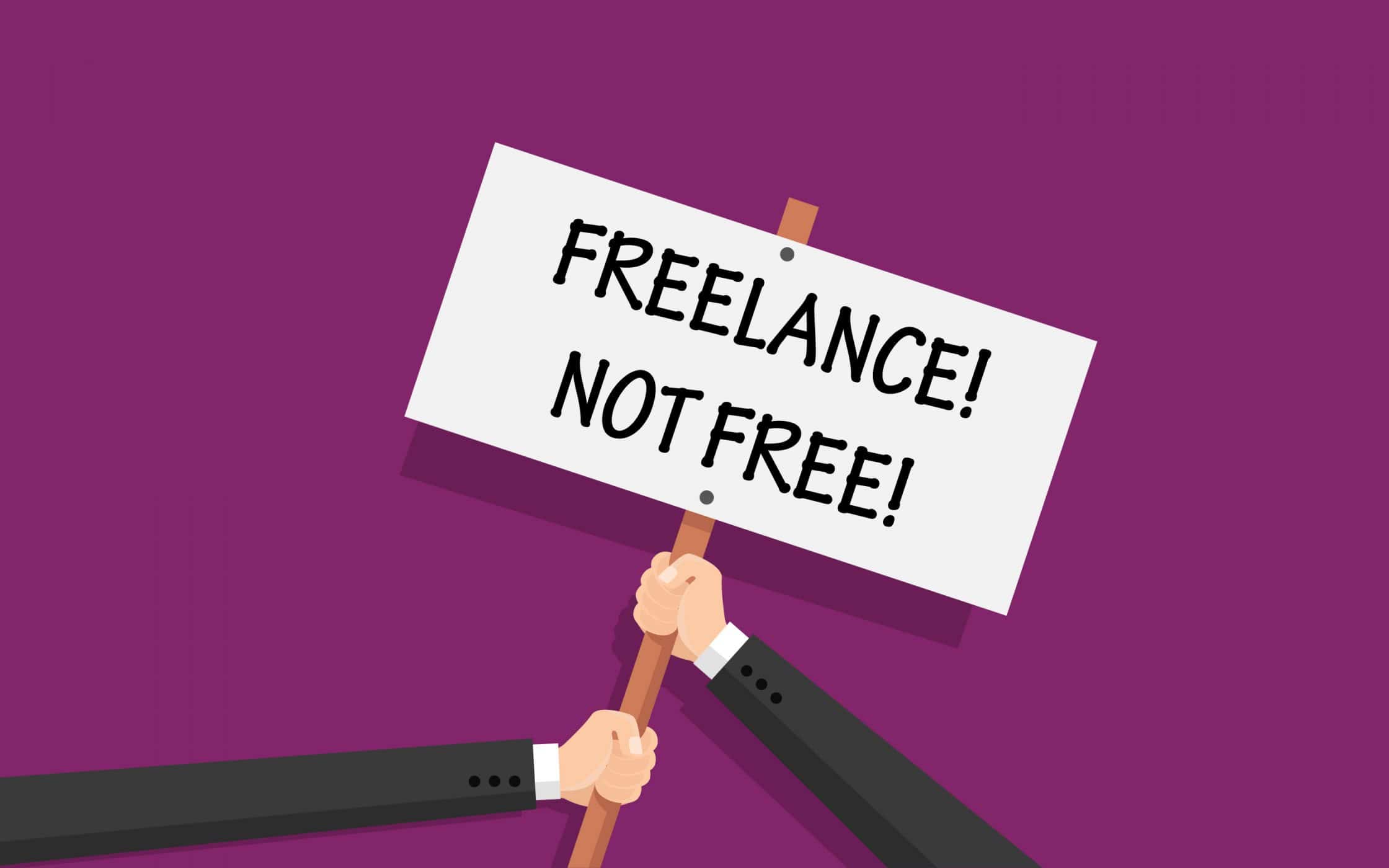
Gig economy problems: The challenges in a new world of work
Unfortunately, while the gig economy statistics and definitions look positive at first, this world of work isn’t all it’s cracked up to be. There are a lot of problems with the gig economy that need to be addressed before it can begin to offer a reliable alternative to standard hiring practices.
First of all, for gig economy workers, self-employment sounds like a great idea in theory. You no longer have to worry about driving to work every morning or going to pointless meetings. However, freelancing is a constant challenge. You need to frequently pound the pavement to find work, and this can be an exhausting process.
For employers, freelancers might sound like a good way to get cheap work fast. Unfortunately, while there are some great freelancers out there, most of them are so desperate to continue completing tasks quickly in a competitive environment, that they often need to cut corners to earn enough. In other words, you’re dealing with disengaged employees more focused on speed than results. Here are the biggest challenges facing the future of the gig economy.
1. The gig economy prizes speed over results
Becoming a gig economy freelancer isn’t the same as joining an agency where you regularly work with different customers and clients. There’s no team to support you, or contracts to keep you safe. According to UpWork, in 2017, around 46% of Gen Z workers were freelancing, but they may not have been thriving in their temporary positions.
For employees, working in a gig economy means that you’re always competing with millions of other individuals offering lower prices and quicker turnaround times than you. This means that it’s incredibly difficult to earn a sustainable income in the environment. For employers, the desperate attempt to make more money and more work often means that gig employees are more focused on speed than results. There’s no time to sit down and get to know your brand before work gets started, which means that important things can be overlooked.

2. Limited control
Many freelancers assume that working in the gig economy will give them more control over their lives – but this is rarely the case. An Uber driver might be able to pick their own hours, but they’ll need to ensure that they’re working a certain amount each day to earn the right income. If jobs aren’t available during the time that’s ideal for the employee, they may have to work in other, less convenient times to make a living.
On the employer side of the fence, it’s difficult to properly vet gig economy workers and determine how dedicated they will be to your cause. Not only might you end up with sub-standard work, but you could find that your employers simply opt out of contracts before your projects are completed. This could mean that you end up halfway through a brand refresh with no-one to pick up the rest of the task. Moving to another freelancer when you’re already mid-way through a project could mean that you have to start again from scratch.
3. Problems with legislature and compliance
While part-time working and temporary contracts aren’t exactly new, the gig economy is still in its formative stages. This means that there are many legal considerations around questions like: “What does gig stand for in gig economy,” and “What is a gig economy” that companies need to address. How do you know whether you’re paying taxes for an independent contractor, or a temporary employee?
Look at Uber, for example; the drivers are considered to be independent contractors, which means that they should have the right to choose their rate of pay. However, the truth is that because Uber operates in such a new digital environment, the company gets to select rates of pay for drivers, and it doesn’t give them any benefits. When employment regulations are so murky in the gig economy, it’s difficult to know whether you’re staying on the right side of the law, and the IRS.

Gig economy statistics: Should your business invest?
It’s hard to ignore the changing dynamics in the current world of work. Experts suggest that during the next decade, 25% of the jobs we know today won’t exist anymore. Combine this with the fact that today’s employees are looking for more flexible and mobile forms of work, and it’s easy to see why concepts like the gig economy are so popular.
Unfortunately, gig work may not be the way forward as many people initially assumed. While there are gig economy benefits which we discussed above, there are also a lot of challenges facing the space. Unlike agencies that offer flexibility for employers and security for employees, the gig economy is an environment built on chaos, uncertainty, and uncertain control.
Not only do freelancers fail to deliver the expertise, speed, and insight that businesses need for their projects at times, but they also don’t pay enough to help ambitious workers thrive. Over the past few years, the pay for gig workers has been dropping significantly. This means that your freelancer will need to divide their attention between you, countless other clients, and a potential part-time job too.
While there are plenty of gig economy examples out there like Uber, Lyft, PeoplePerHour, and so on, the truth is that the overriding negatives of these employment structures seem to outweigh the positives in many cases. So, what’s the truth about today’s ever-evolving gig economy definition?
The gig economy is over-hyped
Online work platforms started to grow at a rapid pace after Uber was founded in 2009. These environments benefited massively from a weak economy that left millions of people desperately searching for work. As gigs became more popular, many researchers believed that freelancers would soon overtake the modern workforce, with studies stating that gig workers would transform the employment world by 2027.
Unfortunately, as time has wore on, we’ve begun to see just how uncertain the gig economy really is. Agencies withdraw too much money from their freelancers, which means that people have to rush through jobs to get enough done in their day or work unreasonable hours. This means that employees suffer, while employers fail to find the skill and expertise that they need to go into some of their most important projects.
The gig economy is a prime cause of stress
For a while now, companies have begun to see the importance of wellbeing when it comes to creating happy, productive and engaged workers. 91% of employees that work for companies with well-being practices in place say that they feel motivated to do their best work. However, despite the apparent benefits of wellbeing, this concept is not something that’s taken into account with the gig economy.
Studies by the Oxford Internet Institute found that the gig economy is more likely to lead to physical and mental health problems in workers. People who need to continually strive to keep work coming in suffer from exhaustion and sleep deprivation, as well as feelings of isolation. This decreased wellbeing both harms the economy at large by leading to more overwhelmed workers and stops companies from achieving the right results on their projects.

Alternatives to the gig economy
The question is if the gig economy isn’t the way forward for companies who need more flexibility in their hiring strategies – what is the solution? The answer isn’t necessarily to avoid part-time and temporary employment solutions altogether. In 2017, the Royal Society of Arts found that 1.1 million people are working in the UK’s gig economy. Taking advantage of this flexible work style simply means ignoring forums that pay tiny amounts to over-worked professionals and looking elsewhere for the talent you need.
If you need a freelancer, look for a specialist that chooses their own prices based on the services that they can offer. If you’re looking for help with a particular project, work with an agency that can give you a comprehensive experience from start to finish. For instance, when you work with an agency like Fabrik on a company naming project, you don’t just get a handful of names that have been generated throughout an hour. Instead, you get an in-depth company audit, competitor analysis, due diligence, brand strategy and more to ensure that you’re getting the right results. Many agencies can offer accompanying services like logo design, visual and verbal identity development, domain building and so on.
While a flexible environment is essential in today’s environment, it’s crucial for companies and employees alike to take the right approach to this flexibility. There’s nothing wrong with individuals having the freedom to choose when, where, and what they work on. However, there is a problem with a workplace environment that offers minimal protection for employees and forces people into dangerous health scenarios.
The future of work is changing. According to the Aspen Institute’s Workforce of the Future study, 60% of employers currently demand on-demand workers. However, the low-paid, high-competition gig economy definition is growing quickly outdated. It’s up to you to determine what the gig economy should mean in the years ahead, and how flexible work should be enabled.
To find out more about working with a flexible business that doesn’t come with all the negatives of the gig economy, reach out to Fabrik today.
If you enjoyed this article, you might enjoy these too:
— Hospitality marketing: How to retain a 5 star reputation
— Selecting a brand essence statement with heart and soul





